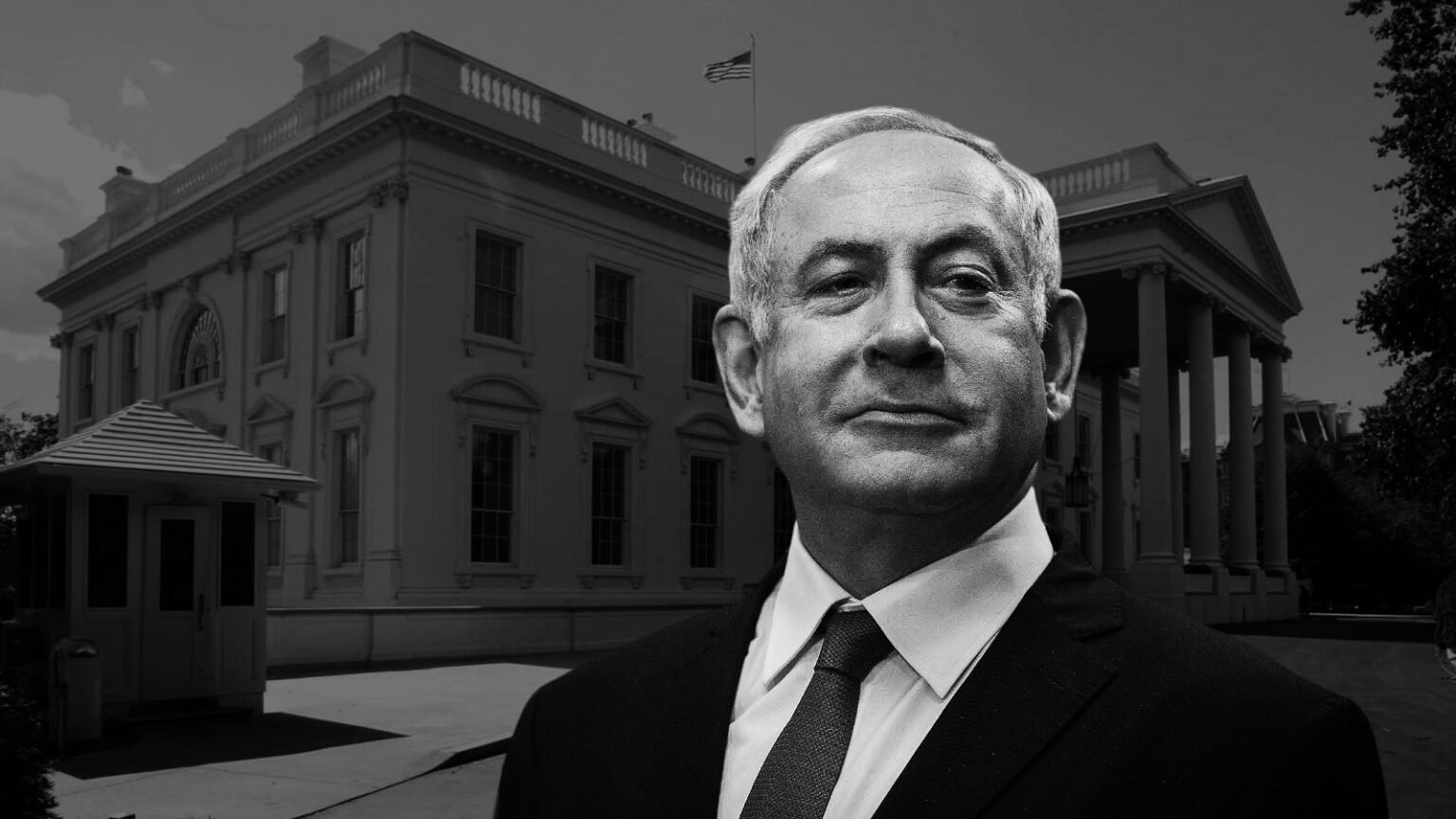Israeli Prime Minister Benjamin Netanyahu is set to visit the White House on Thursday to meet with President Joe Biden and Vice President Kamala Harris, the likely Democratic nominee. This meeting comes at a significant time for all three politicians, as they face pressure to resolve the ongoing nine-month war in Gaza, which has resulted in over 39,000 deaths. Additionally, many Israeli hostages remain in Hamas captivity, adding urgency to the situation.
President Biden is pushing for an agreement between Israel and Hamas to release the remaining hostages in Gaza in three phases. Successfully achieving this could be a defining moment for Biden, who recently announced he will not seek reelection and endorsed Harris instead. It would also benefit Harris in her presidential campaign. Although negotiations are reportedly in the final stages, some issues remain unresolved. After their meeting, Biden and Netanyahu will also meet with the families of American hostages.
Vice President Harris will have a separate meeting with Netanyahu, aiming to demonstrate her capability to lead as commander-in-chief. She faces scrutiny from the political left, who believe Biden hasn’t pressured Netanyahu enough to end the war, and from Republicans who criticize her perceived lack of support for Israel. A senior administration official, speaking anonymously, emphasized that there is “no daylight between the president and vice president” regarding their stance on Israel. While Harris hasn’t had a solo meeting with Netanyahu since March 2021, she has participated in over 20 calls between Biden and Netanyahu.
Netanyahu is navigating his own political challenges, facing demands from hostage families for a cease-fire and pressure from far-right coalition members to continue military operations against Hamas. In a recent address to Congress, Netanyahu defended Israel’s actions and dismissed accusations of war crimes by the International Criminal Court. He emphasized the shared interests between Israel and the United States in combating Iran-backed Hamas, framing Israel’s efforts as protecting both nations’ interests in the Middle East.
Netanyahu praised Biden for his support following the October 7th attack on Israel but also highlighted actions taken by former President Trump that benefited Israel, such as recognizing Israeli sovereignty over the Golan Heights and moving the U.S. embassy to Jerusalem. Netanyahu is scheduled to meet Trump in Florida on Friday.
Netanyahu also criticized protesters who gathered near the U.S. Capitol, labeling them as “useful idiots” for Iran. In response to his visit, the U.S. Secret Service increased security around the White House. Meanwhile, Trump and his Republican allies criticized Harris for missing Netanyahu’s address to Congress, citing her events in Indiana and Texas as conflicts. Harris, the Senate’s presiding officer, traditionally would co-preside over such an address but has missed similar events before, as Biden did in 2015.
Despite the criticism, White House officials stated that Harris’s absence was due to scheduling conflicts. Press Secretary Karine Jean-Pierre reiterated Harris’s commitment to Israel’s security. Harris, who has expressed strong support for Israel throughout her career, highlighted her connections to Israel and pro-Israel groups.
While Harris generally aligns with Biden’s stance, she has occasionally taken a more assertive position. For example, in a speech in Selma, Alabama, she criticized the humanitarian conditions in Gaza and urged Israel to alleviate civilian suffering. Harris also faced backlash from Israel’s foreign minister Eli Cohen after questioning Netanyahu’s judicial reforms, highlighting the importance of an independent judiciary in democracies.
Critics of Biden’s handling of the Gaza conflict are closely watching Harris’s interactions with Netanyahu. Layla Elabed, a leader in the “uncommitted” voter movement, emphasized the importance of Harris’s actions in addressing Gaza’s impact on electoral battlegrounds.
Elabed expressed hope that Harris would take decisive steps to uphold international law and protect democracy.
